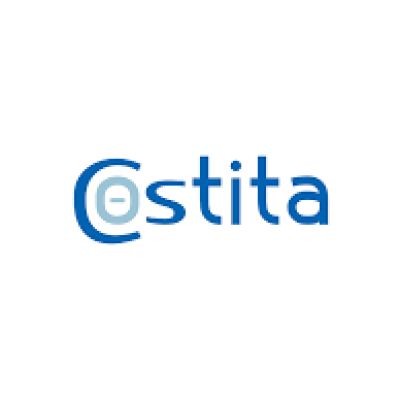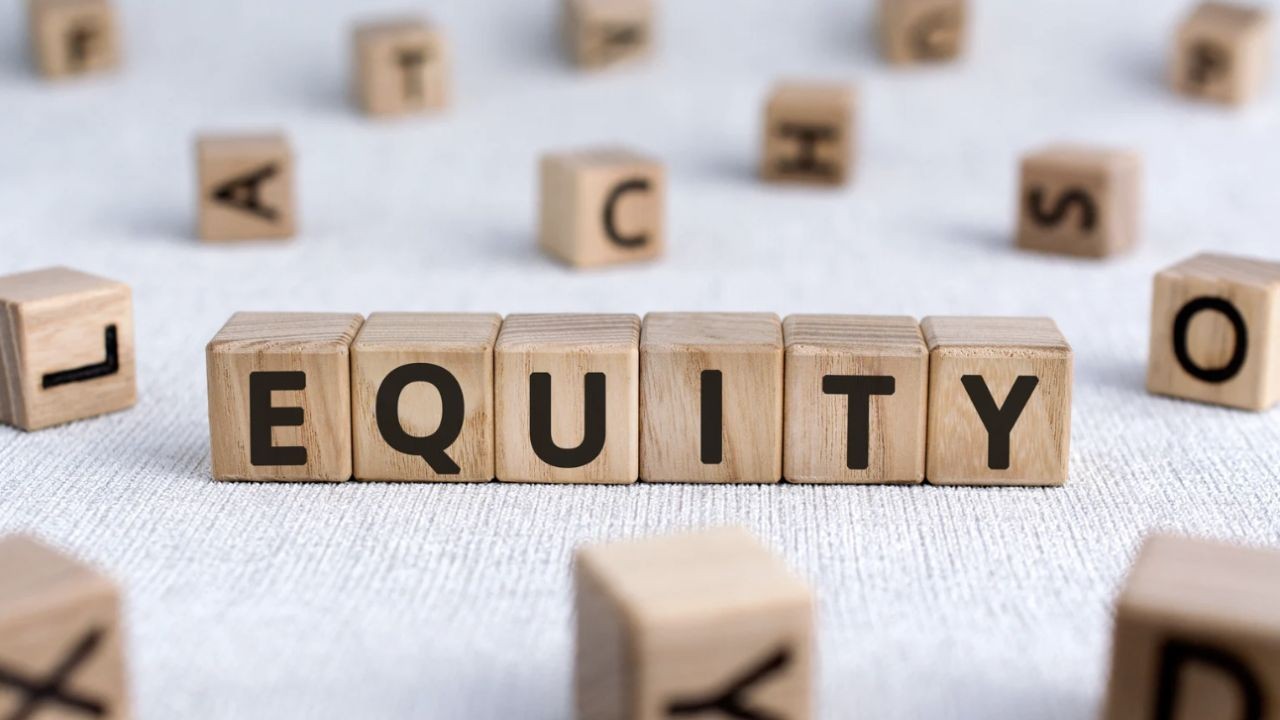Investing is one of the best ways to build long-term wealth, but choosing the right asset class is a challenge. In New Zealand, real estate, the stock market, and cryptocurrency are three of the most popular investment options. Each offers unique risks, rewards, and long-term growth potential.
This article will compare historical returns, market trends, risk factors, and long-term wealth-building potential for NZ property, stocks, and cryptocurrency.
Historical Performance: Property vs. Stocks vs. Crypto
1. New Zealand Real Estate Returns
The NZ property market has shown consistent long-term growth, with house prices rising by an average of 6-7% per year over the last 30 years.
In 2021, the NZ property market peaked, with prices rising 27.6% year-over-year, before cooling in 2022-2023 due to higher interest rates.
Rental yields in major cities like Auckland and Wellington average 3-5% per year.
Historically, property values tend to double every 10-12 years in NZ.
2. NZX Stock Market Performance
The NZX 50 Index, which tracks New Zealand’s top 50 publicly traded companies, has delivered average annual returns of 8-10% over the last 20 years.
Dividend stocks provide 3-5% annual dividend yields, making them an attractive option for passive income.
The stock market allows for greater liquidity and diversification compared to property.
However, stock market downturns (such as the 2008 financial crisis and 2020 COVID crash) have caused temporary declines of 20-30%.
3. Cryptocurrency: High Risk, High Reward
Bitcoin (BTC) and Ethereum (ETH) have delivered astronomical returns, with BTC growing over 10,000% in the last decade.
However, extreme volatility is a concern, with crypto crashes of 50-80% occurring multiple times in history (e.g., 2018 bear market, 2022 crypto winter).
The rise of DeFi, NFTs, and blockchain adoption has driven continued interest in crypto assets.
While crypto has massive upside potential, regulatory risks, hacking threats, and extreme volatility make it a high-risk investment.
Risk Factors & Volatility Comparison
| Investment Type | Risk Level | Volatility | Liquidity |
|---|---|---|---|
| NZ Property | Medium | Low | Low (Hard to sell quickly) |
| NZX Stocks | Medium | Medium | High (Easy to buy/sell) |
| Cryptocurrency | High | Very High | Very High (24/7 trading) |
1. Market Volatility
Property prices tend to be stable but react slowly to market conditions.
Stocks fluctuate daily, with price swings influenced by earnings reports, economic conditions, and investor sentiment.
Crypto is highly volatile, with prices often moving 10-20% in a single day.
2. Liquidity & Accessibility
Property investments are illiquid and require significant capital, making it harder to exit quickly.
Stocks and crypto offer high liquidity, allowing investors to buy and sell easily.
Fractional shares and ETFs make stock investing more accessible, while crypto investments can be made with as little as $10.
Long-Term Wealth Building Potential
1. Capital Growth Potential
Property: Strong appreciation over decades, but growth has slowed recently due to affordability issues and high interest rates.
Stocks: Long-term growth averaging 8-10% annually, compounding wealth through reinvested dividends.
Crypto: High upside, but extreme risk and unpredictability make it hard to sustain returns over decades.
2. Passive Income Potential
Rental income from property provides stable cash flow, though maintenance costs and mortgage payments reduce profits.
Dividend stocks provide reliable passive income, often with reinvestment options.
Crypto staking and yield farming offer potential passive income but carry security and smart contract risks.
Tax Implications of Each Investment
1. NZ Property Investment Taxes
Bright-line test: Investors who sell property within 10 years of purchase may pay capital gains tax.
Rental income is taxable, though deductions for expenses (e.g., interest, maintenance) apply.
Interest deductibility rules have tightened, making property investment less tax-efficient.
2. Stock Market Taxes in NZ
Dividends are taxable, but investors can use imputation credits to offset taxes.
Capital gains tax does not apply to long-term NZ stock investors.
3. Cryptocurrency Taxation in NZ
Crypto gains are taxable, whether from trading, staking, or mining.
The IRD considers crypto as property, meaning capital gains tax applies when sold for profit.
Which Investment Option is Best for You?
1. Best for Stability & Long-Term Growth: Property
Ideal for long-term investors who prefer tangible assets with steady appreciation.
Best suited for those willing to manage tenants, mortgages, and maintenance costs.
2. Best for Passive Income & Diversification: Stocks
Good for those looking for dividend income and liquidity.
Suitable for investors who prefer diversified exposure to multiple industries.
3. Best for High-Risk, High-Reward: Crypto
High potential for outsized returns, but requires risk tolerance.
Ideal for investors comfortable with market volatility and rapid innovation cycles.
Conclusion: Balancing Your Investment Portfolio
The best investment strategy depends on risk tolerance, financial goals, and time horizon. A balanced portfolio may include:
Real estate for long-term stability.
Stocks for passive income & diversification.
Cryptocurrency for speculative high-growth opportunities.
Each investment class has advantages and risks, and diversification remains key to building long-term wealth.
Which investment do you prefer? Share your thoughts in the comments!


































GayeHeaton
12 months ago